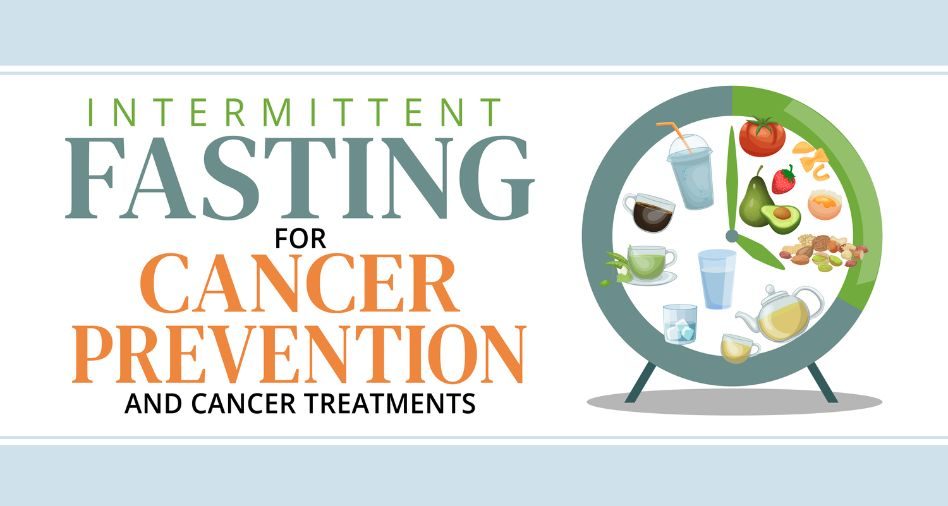Understanding the Intersection of Fasting, Glucose Metabolism, and Cancer
By NV Paulose with Paramjit Kaur
Fasting, the practice of abstaining from food for extended periods, has gained popularity in recent years due to its potential health benefits. One area of particular interest is its impact on glucose metabolism and its potential implications for cancer treatment. There is a complex relationship between fasting, glucose metabolism, and cancer. We should find out ways and means that suit with our health conditions and the changes that we are looking forward. Here we delve into a general stream of thoughts that can give a basic insight about the vast possibilities to achieve advancements in healthcare and the antiaging process.
The Role of Glucose in the Body
Glucose is a simple sugar and the primary source of energy for the body’s cells. When we eat carbohydrates, they are broken down into glucose during digestion and absorbed into the bloodstream. In response, the pancreas releases insulin, a hormone that helps transport glucose from the bloodstream into cells, where it can be used for energy. Any excess glucose is stored in the liver and muscles for later use.

The Warburg Effect: Cancer’s Dependence on Glucose
Cancer cells have a high demand for glucose, which they use as a source of energy to fuel their rapid growth and proliferation. This phenomenon is known as the “Warburg effect,” named after the scientist Otto Warburg who first observed it in the 1920s. Even in the presence of oxygen, cancer cells preferentially use glycolysis (the breakdown of glucose) to produce energy, which is less efficient than oxidative phosphorylation. As a result, cancer cells consume large amounts of glucose to support their rapid growth and division.
The Potential of Fasting as a Cancer Treatment Strategy
Given cancer cells’ dependence on glucose, researchers have explored targeting glucose metabolism as a potential strategy for cancer treatment. Some cancer treatments, such as certain chemotherapy drugs and targeted therapies, work by interfering with the ability of cancer cells to take up and use glucose, effectively starving the cancer cells of their energy source.

How Fasting Affects Glucose Metabolism
When we fast, especially for extended periods, several changes occur in the body’s glucose metabolism. Initially, insulin levels drop, and the body starts using stored glucose for energy. Once glycogen stores are depleted, the body begins breaking down fat stores into fatty acids and glycerol, which can be converted into energy through a process called lipolysis. As a result, glucose levels in the bloodstream decrease, which may help slow down the growth of cancer cells that rely on glucose for energy.
The Warrior Diet and Glucose Metabolism
One popular fasting regimen is the Warrior Diet, which involves fasting for 20 hours and consuming all daily calories within a 4-hour eating window. This fasting regimen can help limit glucose availability to cancer cells, potentially slowing down their growth. However, it’s essential to approach fasting, including the Warrior Diet, with caution and ensure that you’re still meeting your nutritional needs during your eating window.
Fasting, glucose metabolism, and cancer are interconnected in complex ways. While fasting and targeting glucose metabolism show promise as potential cancer treatment strategies, more research is needed to better understand the relationship between glucose metabolism and cancer growth and to develop more effective treatments targeting this pathway. In the meantime, it’s essential to approach fasting with caution and to consult with a healthcare professional before making any significant changes to your diet or fasting regimen.
References
Warburg, O. (1956). On the origin of cancer cells. Science, 123(3191), 309-314.
Pavlova, N. N., & Thompson, C. B. (2016). The emerging hallmarks of cancer metabolism. Cell metabolism, 23(1), 27-47.
Longo, V. D., & Mattson, M. P. (2014). Fasting: molecular mechanisms and clinical applications. Cell metabolism, 19(2), 181-192.
Vyas, M., & Gogineni, K. (2019). The role of fasting in cancer treatment. Journal of alternative and complementary medicine, 25(12), 1249-1255.
Note: Those who are looking for real interventions should go for a more detailed exploration of the complex relationship between fasting, glucose metabolism, and cancer, including potential treatment strategies and future directions for research. We suggest you to take further guidelines from Dr. PP Devan who is a renowned doctor and an ardent researcher on various health advancements and treatment protocols.





